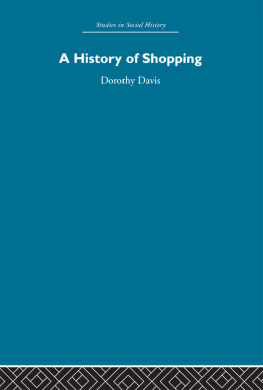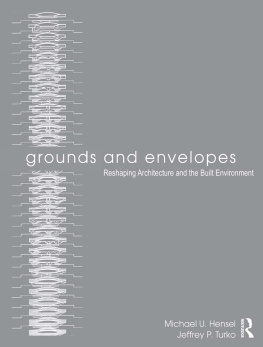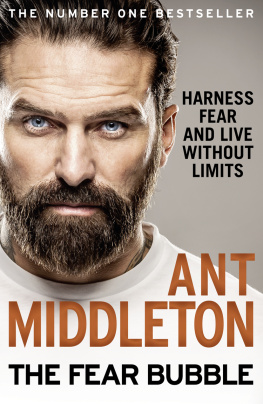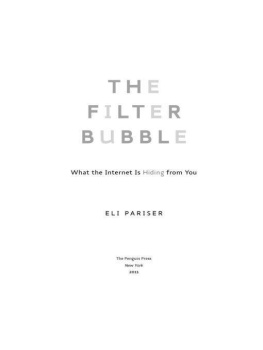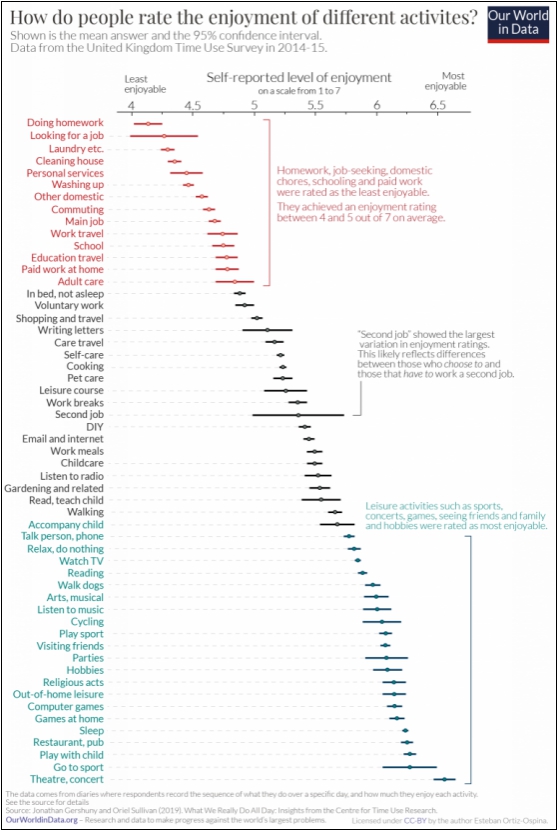How to Save 10,000 Hours
When time is the only commodity - A reflection on human motivation
Christian Flagg
Copyright 2021 Blue Gorilla Consulting
Copyright 2021 Christian Flagg, All rights reserved.
No part of this book may be reproduced, or stored in a retrieval system, or transmitted in any form or by any means, electronic, mechanical, photocopying, recording, or otherwise, without express written permission of the publisher.
Published by Blue Gorilla Consulting
www.bluegorillaconsulting.com
ISBN-13: 9781234567890
ISBN-10: 1477123456
Cover design by: Art Painter
Library of Congress Control Number: 2018675309
Printed in the United States of America
This book is dedicated to my parents, for all the time theyve poured into me.
I bargained with Life for a penny,
And Life would pay no more,
However I begged at evening
When I counted my scanty store;
For Life is just an employer,
He gives you what you ask,
But once you have set the wages,
Why, you must bear the task.
I worked for a menial's hire,
Only to learn, dismayed,
That any wage I had asked of Life,
Life would have gladly paid.
Jessie B. Rittenhouse
Contents
Preface
How to Save 10,000 Hours is the culmination of hundreds of hours of research and writing.
In it, I evaluate humanities use of time, and reflect on core human motivations: curiosity, playfulness and a desire to contribute, share, and give back. I argue that if we change how we work and how we live, then we can increase our total contribution to society, have more leisure time, be happier - and in turn make the world a better place.
A common mistake is to think of time as money. In reality, time is more akin to human motivation than anything else. Our lives begin to unravel when we spend our time trying to buy things that do not motivate us - a loss of 10,000 hours and missing out on what really matters.
We think we are time rich but in reality, a majority of our time is spent working for basic needs and survival. We invented civilization to overcome the misery caused by this dilemma, yet never fully considered the costs or what's truly important. Taking cues from today's most influential thinkers, and delving into philosophies from modern to ancient Greece, we can use this framework to explore some of history's greatest lessons on slowing down and learning to effectively focus on core human motivations like helping others and building healthy communities.
How to Save 10,000 Hours will challenge you to rethink your businesses, and to solve problems that bother you. It may help clarify the next thing for you to do with the limited time we are given. It will also provide ways to acquire a huge benefit from doing less.
Introduction
Humanity has made remarkable advances in the last 100 years. But perhaps the greatest of these is the time we have at our disposal.
Throughout this book we examine how humanity has spent it's time since the beginning of civilization and how such activities have changed. Since the industrial revolution, we accomplished more in one century than humans had done for all of human history.
Now that were able to spend our time on activities that are personally meaningful, how do we decide what to do? And, perhaps most importantly, where will future generations be if we waste the time now?
If time is the ultimate commodity, the more time spent on productive activities, the more value we get out of life.
So what is worth doing? What is worth giving my attention to?
Its important that we make a distinction between value and virtue early on.
Values are what we really care about. Virtues are traits or qualities we often aspire to that are deemed as morally good.
To find out what you really value , ask yourself:
What cost am I willing to pay for this?
If you cant answer that with the words just about anything, then you may as well mail your values to Santa Claus.
How do we spend our time?
If you love life, dont waste time, for time is what life is made up of.
Bruce Lee
S ometimes its necessary to take a step back and evaluate how we choose to spend our time.
A life full of stress and disappointment is caused when the wrong values are put on the importance of time.
Though the work days of our ancestors followed a simple structure, the modern world has become more tumultuous and unpredictable. With smartphones and social media apps taking over our attention, we have begun to exist in a state of fractured attention. Our sense of time is out of sync, and we have lost track of what really matters to us.
A good place to start answering the question, Whats worth doing? is to take a look at where other people spend their time.
Modern advancements in the structure of society and technology have allowed us to reduce the number of hours we spend working dramatically.
Take a few moments and review several interesting charts on time use (Charts 1-4), provided by Our World in Data .
Chart 1 - How do people spend their time?
Chart 2 - Annual working hours per worker
Chart 3 - Gendar gap in leisure time
Chart 4 - How do people rate the enjoyment of different activities?
The average person spends just under 80 years on earth. Of those years, a mind blowing 26 years will be spent sleeping... but what's more surprising is that an additional seven years will be spent trying to get to sleep! Thats 12,045 days in total.
When you adjust for gender, ethnicity, and geography, sleep accounts for the single largest use of time.
On Sleep
So sleep is the most valuable use of our time. Why is that?
It wasnt long ago that we knew very little about sleep. For most of early history, many cultures focused on the interpretation of dreams. Yet, they were largely uninterested in the role of sleep as a factor in human health.
Only in the 18th century did scientists actually begin to research sleep patterns. In 1729, Jean Jacques dOrtuous de Marian conducted research on plants, which sparked interest in human sleep. He noticed that the plants continued to grow even in constant darkness and understood that circadian rhythms are independent of the environment.
Today, weve realized sleep is an essential function that allows your body and mind to recharge, leaving you refreshed and alert when you wake up. Healthy sleep also helps the body remain healthy and stave off diseases. Without enough sleep, the brain cant function properly, impairing your abilities to concentrate, think clearly, and process memories.
Healthy sleep improves weight regulation and even fertility levels.
Lack of sleep has been linked to a higher risk for certain diseases and medical conditions. These include obesity, type 2 diabetes, high blood pressure, heart disease, stroke, poor mental health , and early death.
Of all our basic needs, its sleep that we cant live without, and often the one most taken for granted . The Scientific American has published studies proving that we humans can go as long as 21 days without food, while a person can only live for just over a week and a half without getting any sleep.


